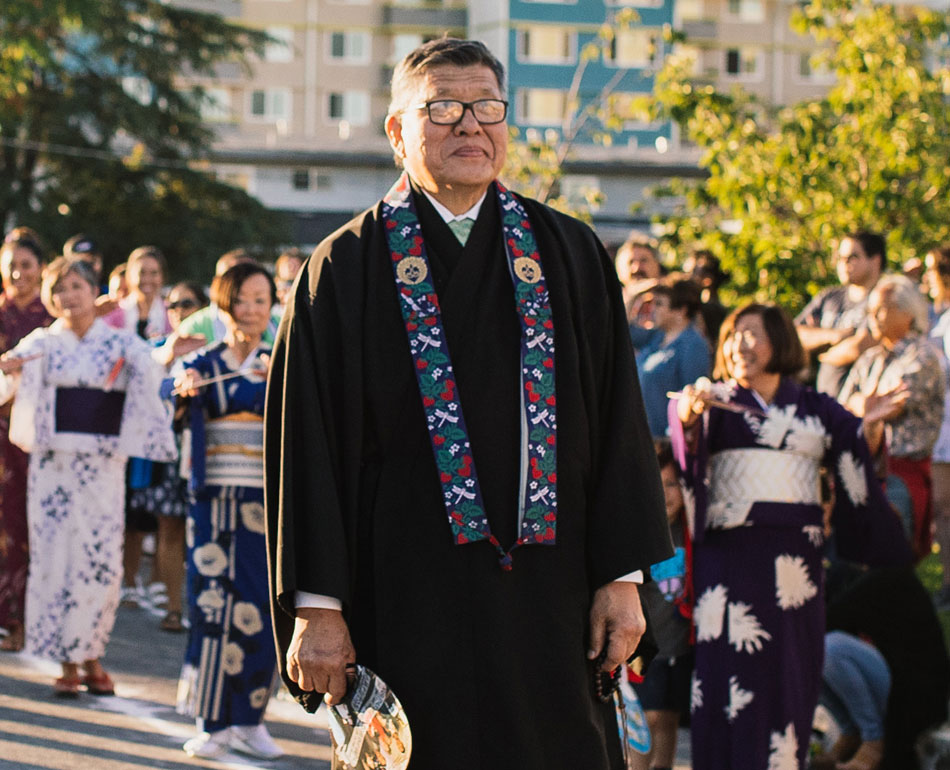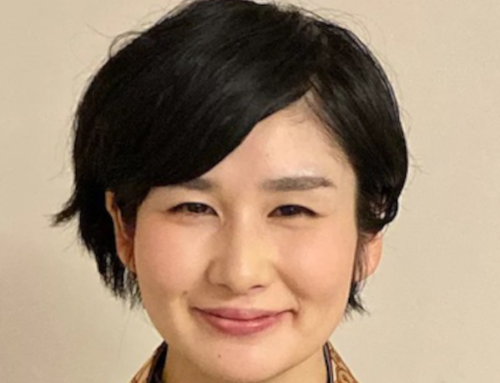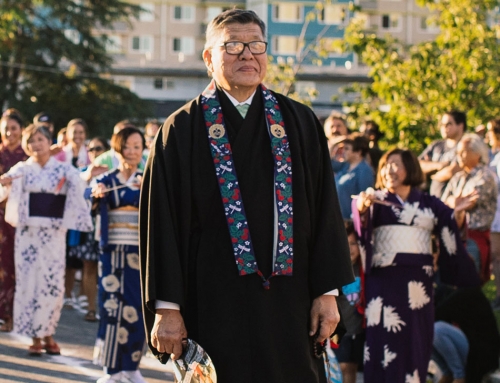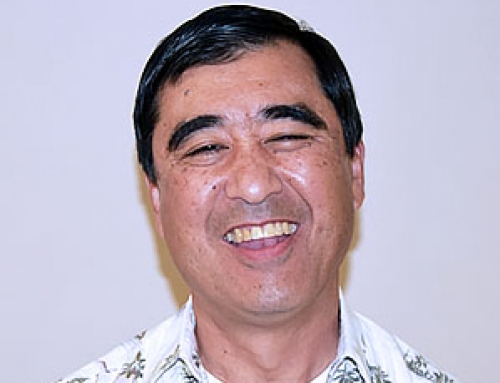When it’s over
G Sakamoto
There will be a time when this pandemic will be behind us. A time when we will be able to greet each other without fear of transmission or second thoughts or regrets. When we can walk in a park and cheerfully untangle leashes of other dogs and their humans. To be able to step outside with no other reason than to step outside. To be able to do the things that will reconnect us to the life that has always ebbed and flowed within and around us.
Hopefully in those first days as things begin to return to the way it was we will take to time look around. Perhaps we will see mountains or a horizon no longer tinted by our passage. Or maybe we’ll see newly emptied shops that were unable to survive. Places, familiar, now shuttered. Maybe we’ll be able to think about what this pandemic has revealed to us about us as human beings.
Our headlines have not carried much news about infections in refugee camps where 70 million people around the world live in dense, often, squalid conditions. We have yet to hear of conditions in the favela of Brazil or Delhi slums or our own homeless population. There are a billion people living in slums. One in nearly every eight of us live in slums. Slums that are defined by poor access to food, clean water and resources. Maybe the pandemic will not reach them. Perhaps they will be safe in our ignorance.
We have been here before. Through war, epidemics, drugs, depressions, recessions, racism, poverty, genocide. There have been no lack of conditions that have nearly crushed humanity. It is not clear yet if we will be able to resolve our tendencies for ecocide. Each time we have come back. Each time we have shouted, “Never again!” And yet, we once again, find ourselves in alarming circumstances.
I think from a Buddhist perspective for Never Again to truly take root we have to continue to work to change the way we see the world and ourselves. There will always be events driven by greed, anger and foolishness. We must try to respond with compassion. We will not always feel successful but the edges of difficulties we change can take root and influence others. In our efforts to engage the world we can ask ourselves, “Does it heal or divide?”




